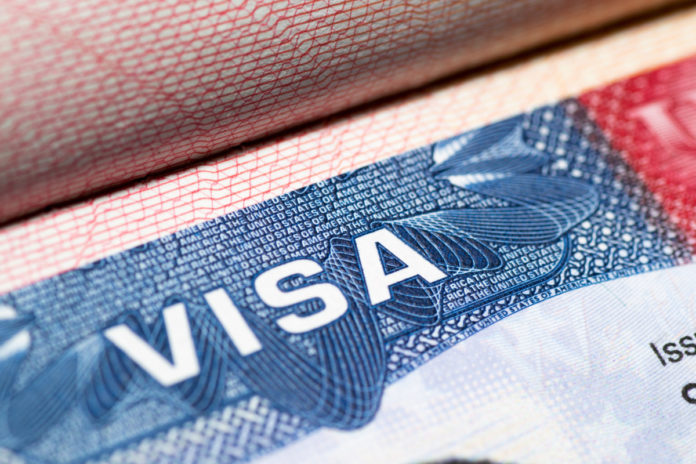Barry Greenberg, Senior Associate at BSA Ahmad Bin Hezeem & Associates LLP, tells BusinessLive Middle East what the recent US Immigration restrictions effectively mean and what are the implications for UAE nationals.
The US Immigration Restrictions
On April 22, US President Donald Trump issued his twitter foreshadowed executive order significantly limiting immigration into the United States for a period of 60 days.
On its face, the order prevents US entry by any person seeking admission via “green card” on a permanent basis, which generally applies to certain classes of employment as well as family members of US citizens. Certain employment categories are not affected by the order, including guest workers, medical professionals, and investors involved in job creation under what is known as the EB-5 program. There are other notable exemptions, including military members and their children, and immigrants already present in the US.
Temporary visa applicants also are not affected, meaning that student and tourist visas should still be issued. However, these visas as a practical matter might not guarantee entry into the US at this point, due to the emergency travel restrictions imposed in response to the Covid-19 pandemic.”

Implications for UAE Nationals
Regarding UAE nationals, this order will thus in the short term mostly affect family members of US citizens seeking US entry in the next 60 days under a green card, as well as those seeking entry under most classes of employment. By contrast, UAE nationals attending university in the US should not be affected.
The order may be extended in the future, noting that such is predicated on economic conditions arising from the pandemic. Given its very recent enactment and unprecedented nature, it is not clear at this juncture how this will play out in practice.
Will it be legally challenged?
This order will most likely face legal challenges, perhaps including the application for injunctive relief staying enforcement in the next several days. Generally, the scope of permissible immigration under US law is controlled by the legislative branch of government – the US Congress – while more specific application and enforcement thereof is the responsibility of the executive branch. Since ascending to the Presidency in 2017, Trump has made it a priority to limit immigration, in line with his political views on the subject, but has faced significant resistance from the Courts when his various executive orders have been challenged.
In this regard, it bears noting that Trump’s 2017 order banning entry of nationals from certain designated nations was ultimately upheld by the US Supreme Court in 2018 as a proper exercise of executive authority, although such occurred only after several prior broader executive orders on the same subject matter were issued, stayed by the Courts, and subsequently reissued with significantly limited effect upon barring entry into the US. Similarly, some of Trump’s administration’s other actions relating to border enforcement, primarily along the US southern border, have resulted in various Court challenges and injunctions.
Courts will often defer to the executive branch in the application of its powers where justification is demonstrated in their exercise, particularly in emergency circumstances, which the Covid-19 pandemic undoubtedly is. It thus remains to be seen whether the relatively broad prohibitions set forth in the present order will pass muster with the Courts.






